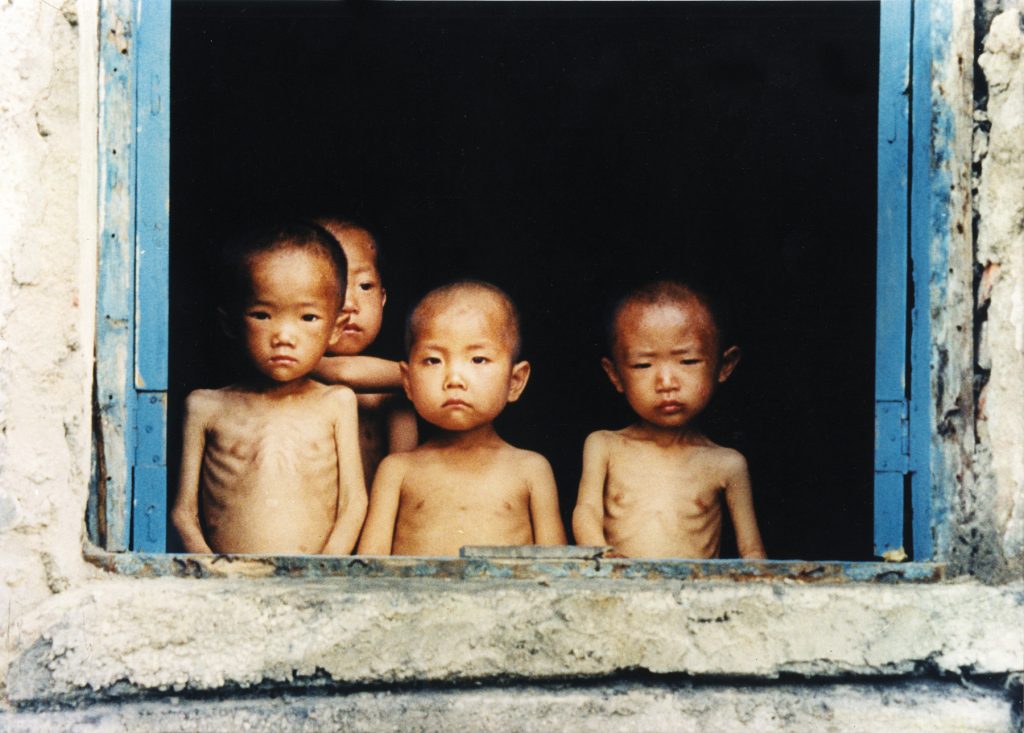Special Desk
North Korean is facing a food shortage due to the typhoons, the North Korean leader Kim Jong-un has formally said this.
The crisis came up following a year of major flood damage, pandemic shutdowns and ongoing sanctions. Kicking off a plenary session of North Korea’s ruling Workers’ Party, Kim urged the country’s leaders to resolve food shortages resulting from lower agricultural output that he attributed largely to crop failures caused by last summer’s typhoons.
“The agricultural sector failed to fulfil its grain production plan,” Kim was quoted as saying by media.

This year, North Korea could face food shortages of up to 1.35 million tons, according to a May report from the Korea Development Institute. The institute’s report estimated the country’s food requirements are about 5.75 million tons annually.
North Korea’s plenary session was organized to check the progress of the nation’s key policies. Officials will discuss ways to deal with the current international situation, Kim said, without taking name of US.
Despite the struggles, few experts expect that North Korea is on the brink of a famine, like the one it suffered in the 1990s. Pyongyang has over the years made pleas for food aid and the country has long battled hunger. Two years ago, amid its worst drought in decades, North Korea blamed international sanctions for causing a food crisis.
There are some reports that food prices have spiked. The kg of bananas cost $45 ($32), according to a news report. North Korea has already closed its borders to contain the spread of Covid-19. Trade with China has plummeted as a result. North Korea relies on China for food, fertiliser and fuel.
North Korea is also struggling under international sanctions, imposed because of its nuclear programmes. The authoritarian leader of the single-party state talked about the food situation at the ruling Workers’ Party central committee which started this week in the capital Pyongyang.
 Jubilee Post News & Views
Jubilee Post News & Views





